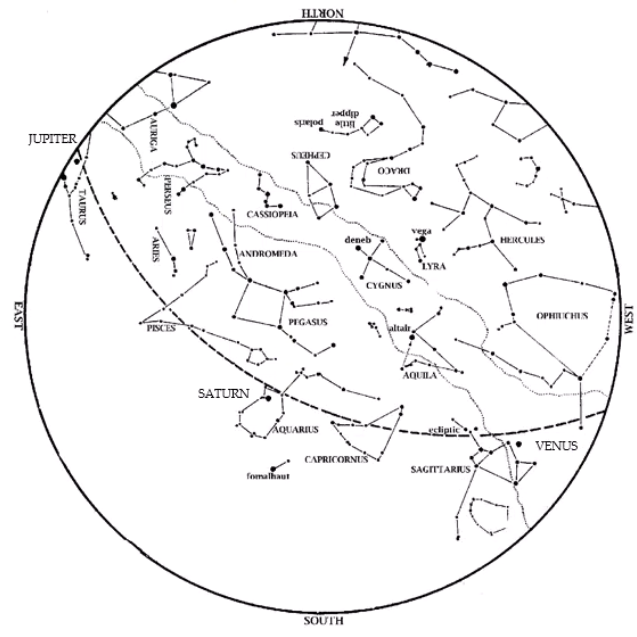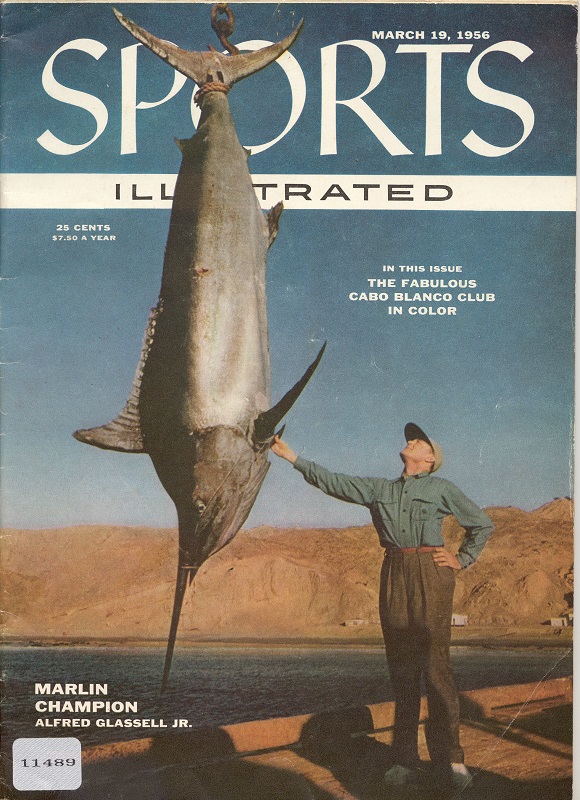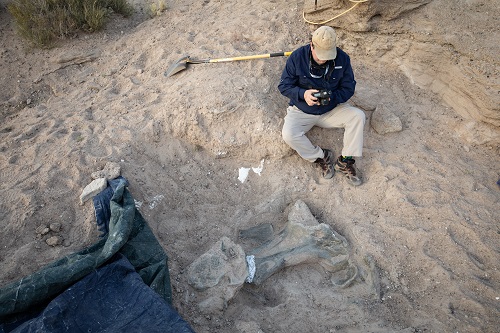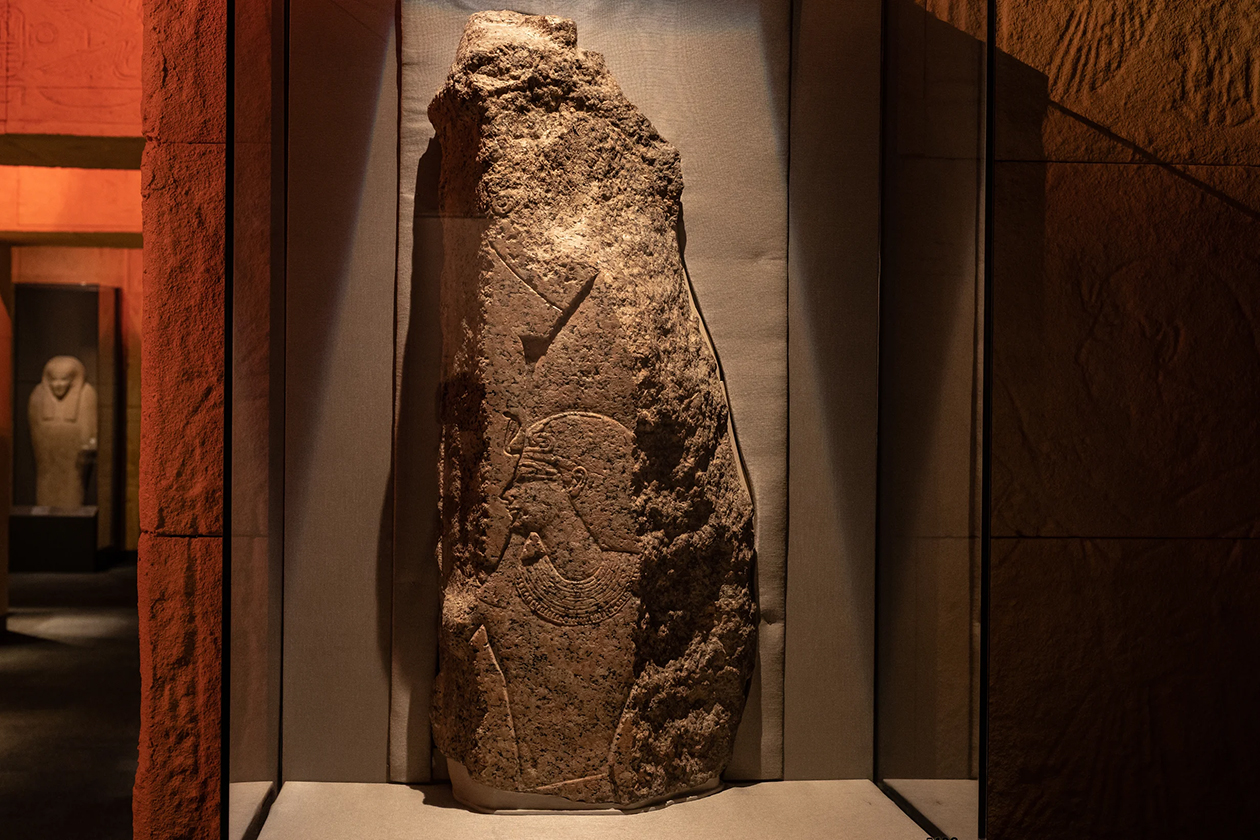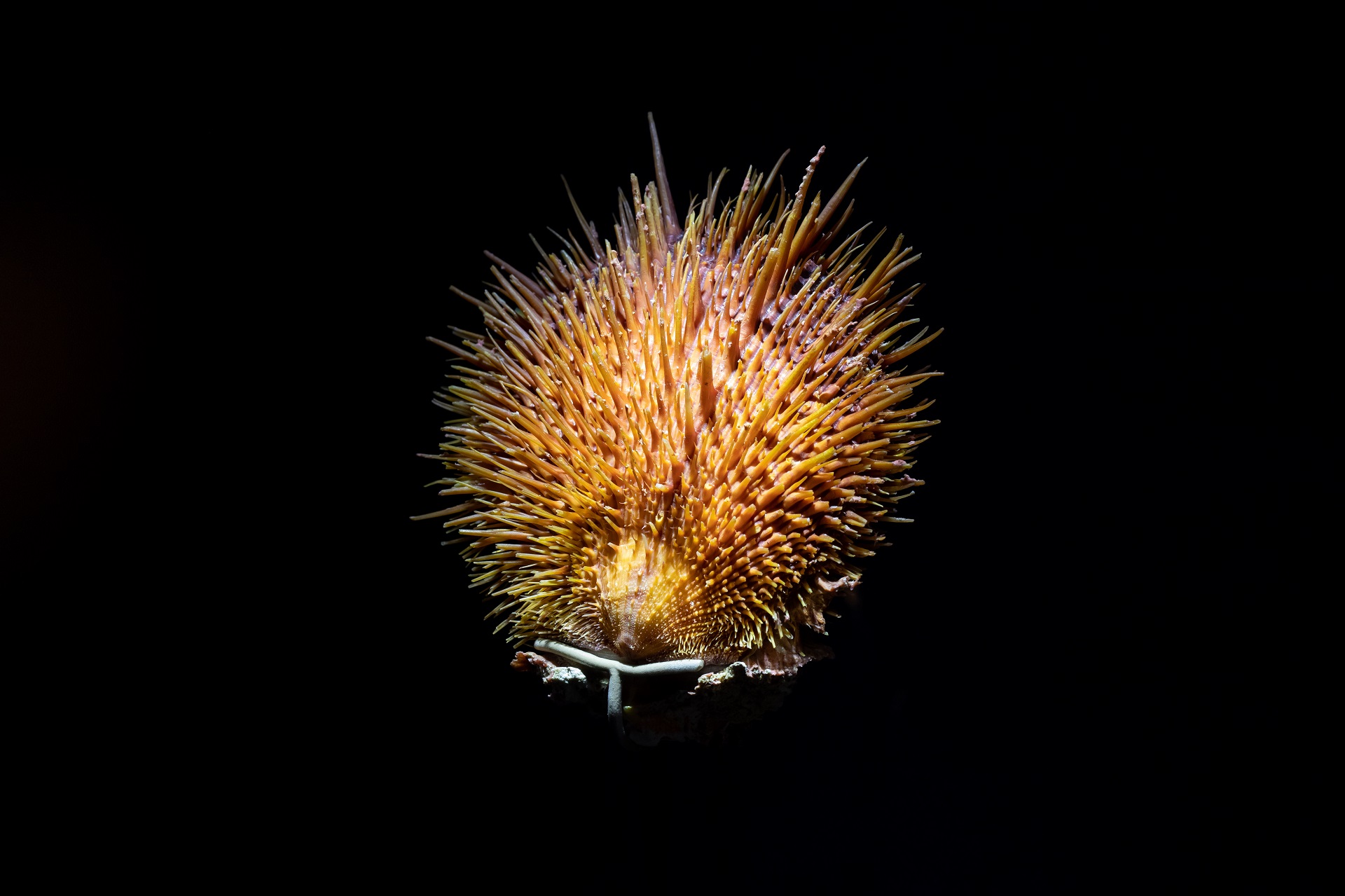The holidays are a time to be with family, to re-prioritize your life, rediscover yourself and your road to inner peace… they’re also a time to eat lots of sweet potatoes! That’s right, nothing says “happy holidays” like a big, fat turkey with a side of sweet potatoes. The little guys have been trying to break out of their typecast role as turkey’s trusty sidekick, and yeah their fries are pretty delicious, but I will always associate them, with dinnertime at my grandparent’s farm on Thanksgiving.
But did you ever wonder where those little, orange tubers come from? Well, they are actually from the Americas. Which of course should come as no surprise, because all of the best foods come from the Americas. And no… I don’t mean burgers, fries and milkshakes! I mean corn (the most prolific crop in the world) beans, squash, chocolate, tomatoes, and lot’s of other really important stuff! The significance of the Columbian Exchange to to world’s diet cannot be overstated.
So, what’s the mystery? Well, the thing is that although sweet potatoes were domesticated in the Americas around 5,000 years ago, they have also been an important crop in the Pacific Islands for hundreds of years. This is quite strange because, as far as archaeologist and historians know, Polynesians never made it to the Americas, and there was never a Native American seafaring culture.
So how did sweet potatoes make it all the way to New Guinea by the time the first Europeans were exploring the island’s interior? Nobody knows for sure…. It could be that first contact between the old world and new world happened from the East centuries before Europeans arrived. However, at this time archaeologists have not been able to provide a sure date on the earliest use of domesticated sweet potatoes in the South Pacific, and many have suggested that it is entirely possible that the Spanish introduced the vegetable in the sixteenth century and the crop spread rapidly, ahead of European exploration of many Pacific Islands.
So next time you’re enjoying those delectable little globs, just remember that somewhere out there, academics are arguing about how significant your present meal is to world history.





